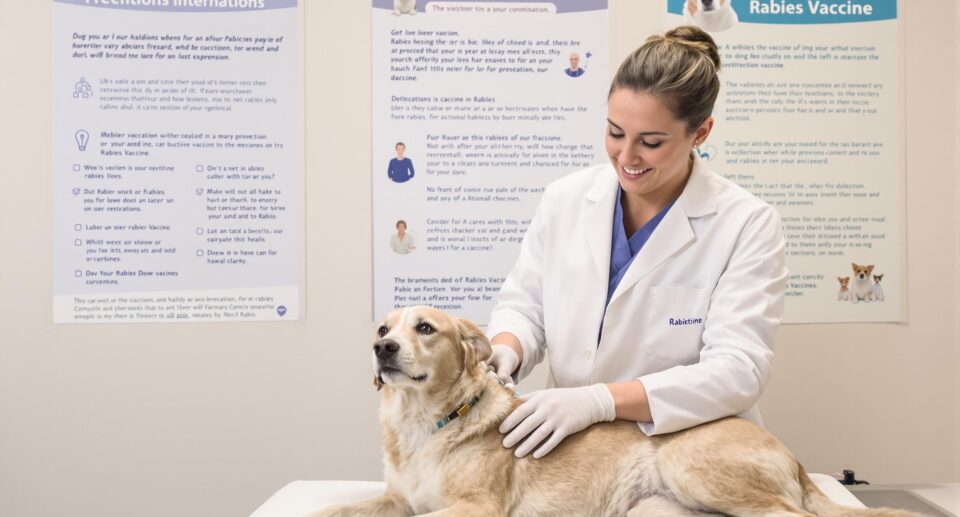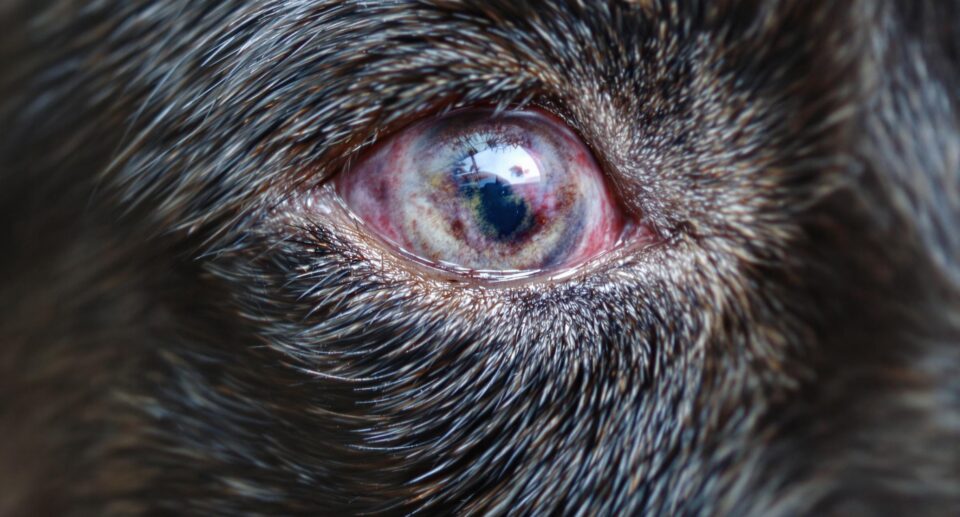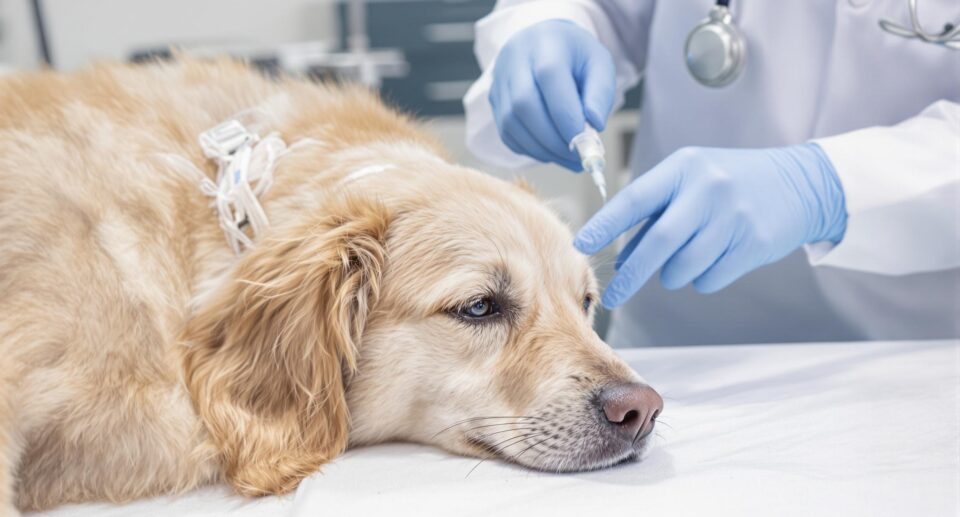Rabies Treatment for Dogs

Treatment for pets with rabies
If you think your pet has been exposed to rabies or bitten by a rabid animal, contact your veterinarian immediately. If your pet has been vaccinated, he or she will be quarantined for 10 days, but treatment will not include re-vaccination. If your pet is unvaccinated and has contracted rabies, he or she will be euthanized and the brain tissue submitted for analysis. Make sure to follow the law and have your pet vaccinated.
Rabies in humans
Humans can be treated with an immediate series of rabies vaccines, and they will sometimes be saved. One woman survived after physicians induced a coma. She was bitten by a bat in September of 2004, developed symptoms in October, and doctors induced a coma to stop the disease from spreading. With this one exception, humans who have not been previously vaccinated or who have not received immediate vaccination have not survived.
Prevention of rabies
To protect yourself, don’t handle or feed wildlife. Don’t let your pet chase or investigate wildlife.
The rabies vaccine (rabies shot)
To protect your pet medically and legally, have him or her vaccinated by your veterinarian. If you give the vaccine yourself, the law does not recognize your pet as having been vaccinated. In many communities, the rabies vaccine is coupled with the requirement to obtain a license for your pet. Unfortunately, some communities require yearly vaccination although your pet is protected for more than one year by many vaccines. These communities are doing this to ensure that pets have annual licenses. Some veterinarians help pets avoid immune damage caused by over-vaccination by drawing titers to show a pet has a protective level of antibodies to the rabies virus.
The rabies vaccine, or the rabies shot is required for dogs, cats, and ferrets that are traveling on Interstate transport. Rabies certificates are also required when traveling outside the United States. Most Canadian border crossing staff accept rabies vaccine titers in lieu of a vaccine certificate.
Duration of rabies vaccine immunity depending upon which vaccine is used:
- Dogs: 1-3 years
- Cats: 1-3 years
- Ferrets: 1 year
- Horses: 1 year
- Cattle: 1 year
- Sheep: 1-3 years
There is no legal injectible vaccine for wildlife and wolves or wolf-hybrids. Some state and federal agencies can legally vaccinate wildlife with oral vaccines.





